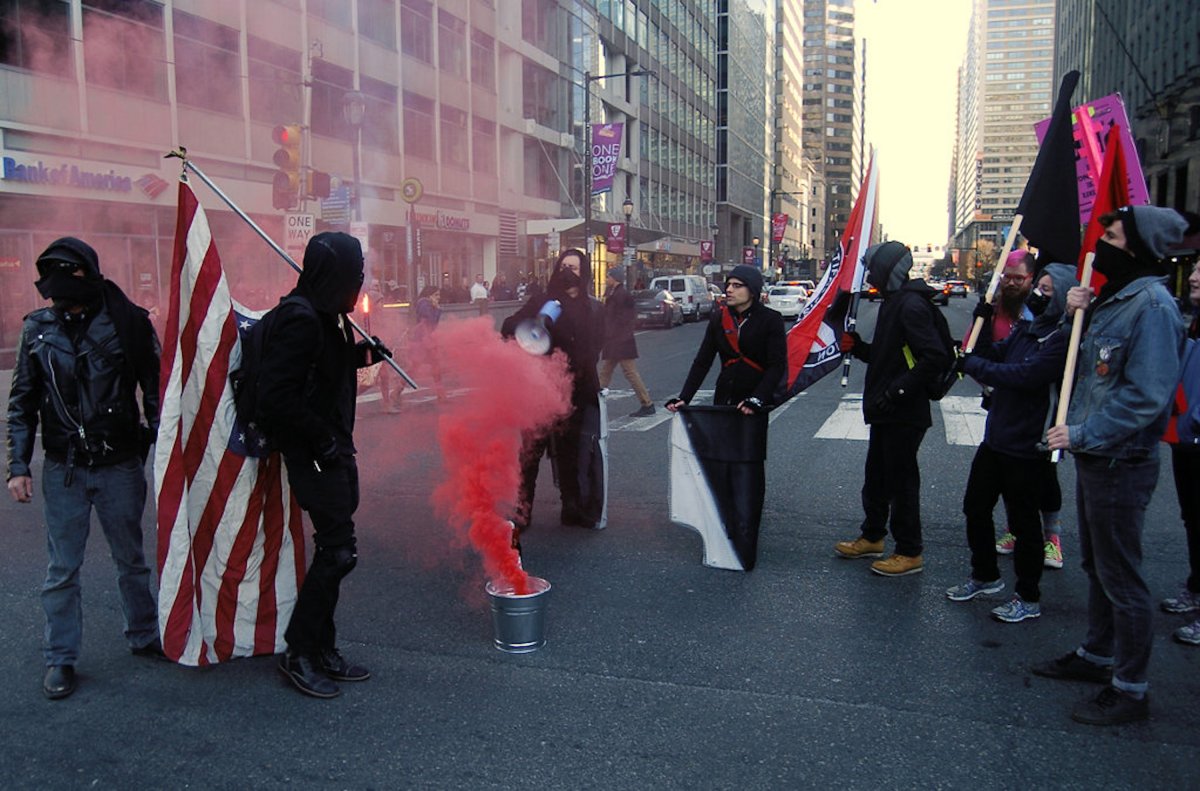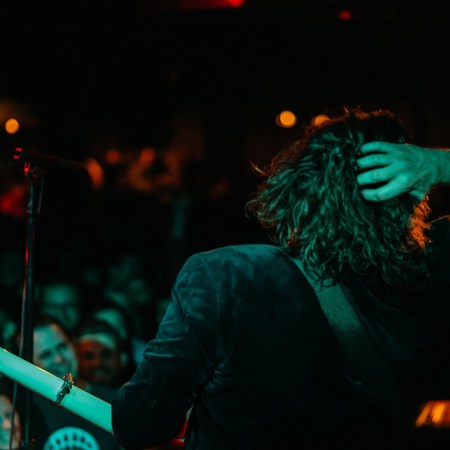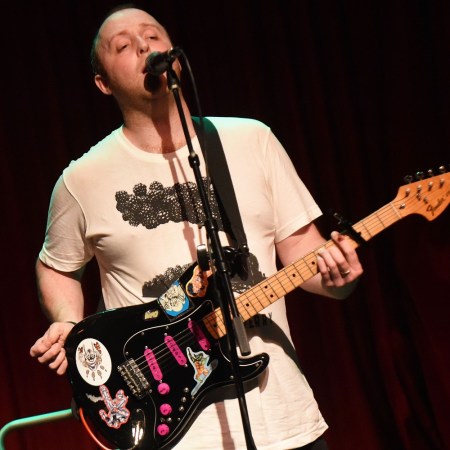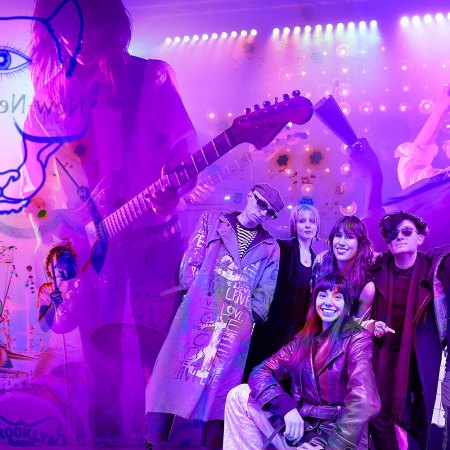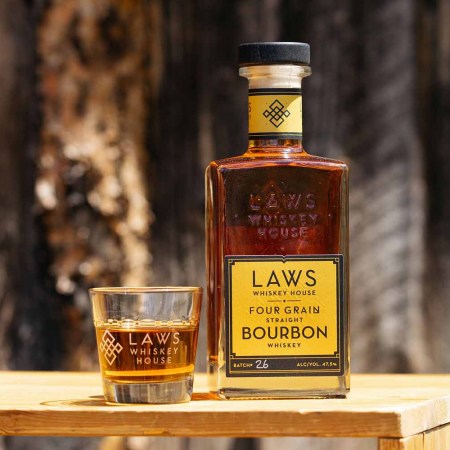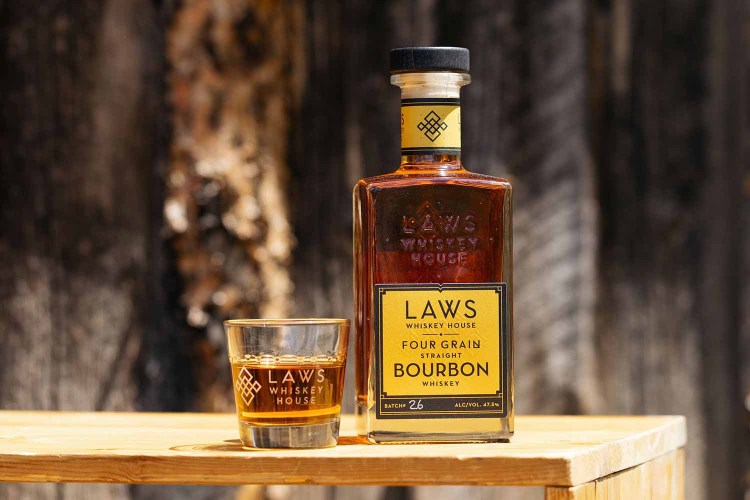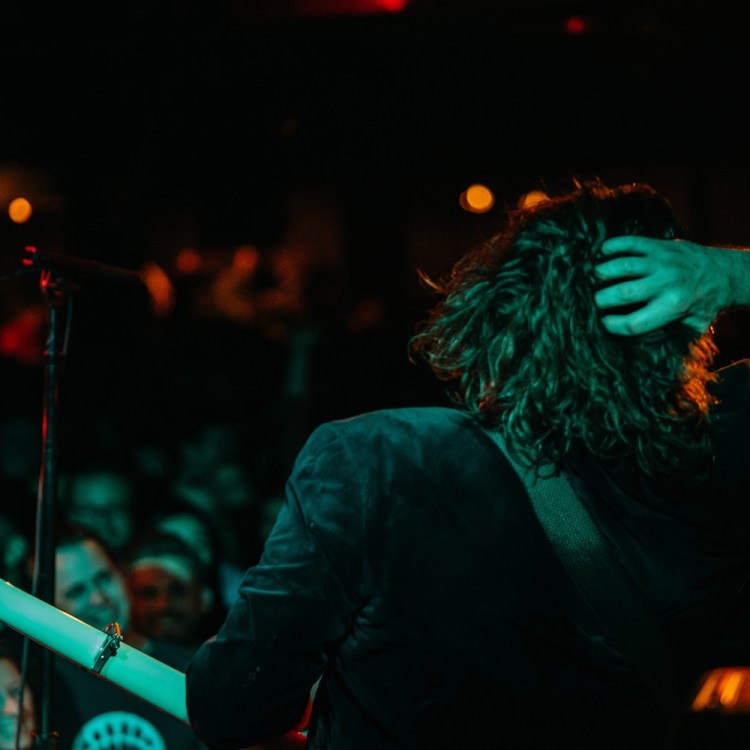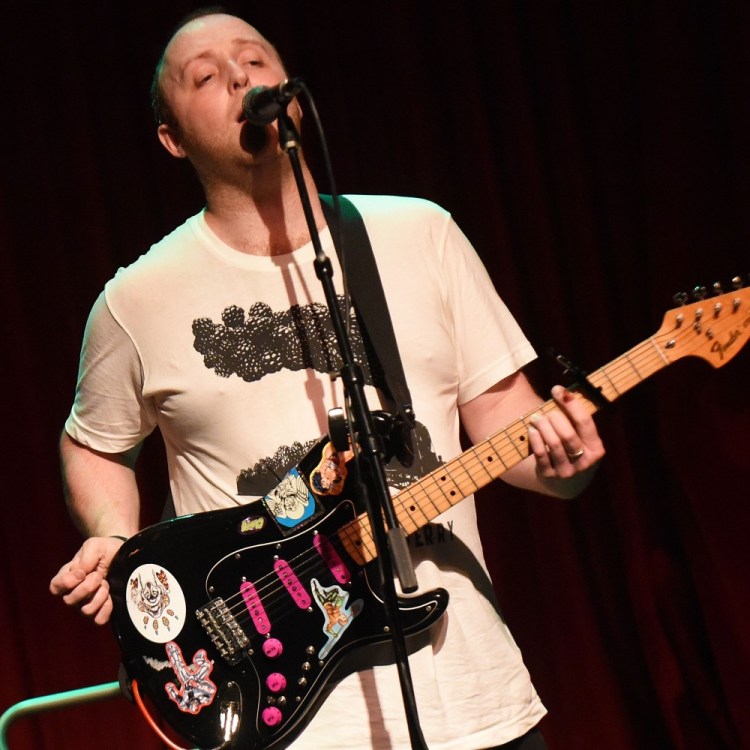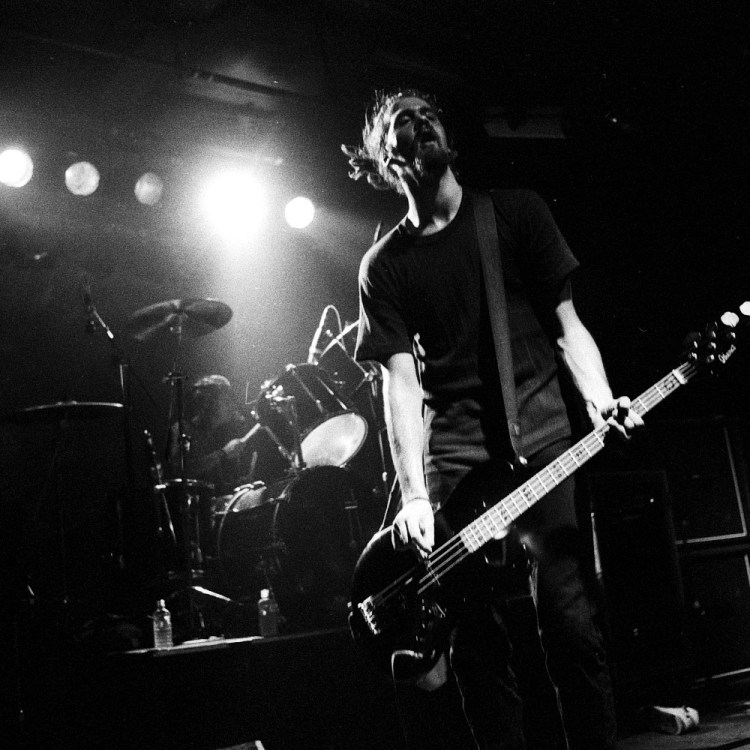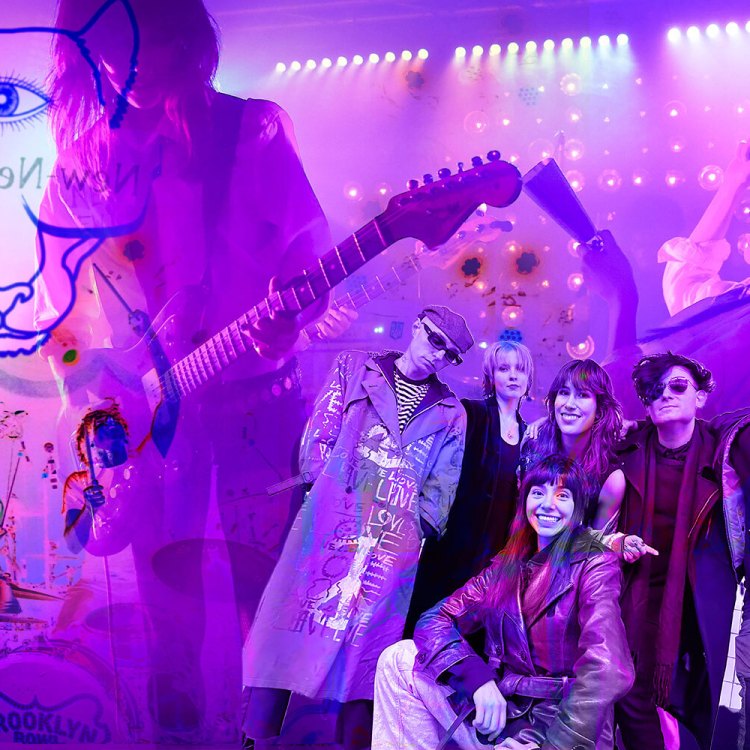Silly, dolly-songs are for wartime and peacetime.
We are talking about songs about dolls, sung by dolls, and odes to Venuses real and imagined, consumed by those who dream in the neons and taupes of fast food commercials and who tune their tears to the perfect pitch of prime-time talent shows. During peacetime, this sweet, seductive inanity fools us into thinking that pleasure, youth, prosperity and freedom are permanent; during wartime, they distract us and make us believe that the culture that produces such satisfying dumb bubblesexgum must be superior.
But in the time leading up to war, dolly-songs seem angry, dissonant, hollow, and the very worst kind of ironic: Irony that does not recognize its own ugly face in the mirror.
And we are in the time leading up to war. We can be certain that the flapping wing-drums of war, set to the rhythm of crosses and flags waved by people who understand neither, is already thrashing the air; wars’ dust of mistrust and death has already seeped through the windows and doorframes. In fact, the war is already inside of us, and here, there, and everywhere. It will be a war where we eat ourselves; it will be a war where we eat others. This war is omnipotent, externally and internally invasive.
I look at the pop stars, dolls singing about dolls, and I wonder: Do you know it’s 1936? You grinning ingénues and pouting, unshaven poets, do you not hear the seeds of history sprouting under your heels?
There are many reasons to hate Pop Stars: Generally, I hate them because very, very few of them are David Lee Roth, Phil Ochs, John Langford, Patti Smith, or Scott Walker, no matter how hard they pretend (and none of them are Grace Jones); virtually all of them act like it’s 1996, and not like it’s 1936.
Most of all, I hate Pop Stars because I have not heard a single one of them say a word about the J20 defendants.
The J20 defendants are the 59 Americans, mostly young, who face monumental jail sentences for demonstrating in Washington, D.C, on January 20, 2017, the day of Donald Trump’s Presidential inauguration. These demonstrators posed no genuine threat to life or the stability of the Republic; the risk they posed to property was far, far less than that posed by any mob celebrating a sports victory.
You probably won’t know this unless you’ve read some of the (surprisingly) scant media coverage of the J20 story or scratched the internet for information, but there are facts about how the D.C. protestors were arrested and the inhumane ways they were treated after arrests that are edging on the memories of Guantanamo Bay. There are also a great many questions regarding due process, whether they were properly notified to disperse, and a plethora of etceteras.
I am not going to claim to be an expert on the J20 case, so instead, let me refer you to Elizabeth King’s excellent piece in the otherwise despicable trashcan liner called Rolling Stone magazine: (apparently, sometimes when Rolling Stone doesn’t write about music, they don’t completely and utterly get everything entirely wrong). Certainly, one can say that some of the J20 protestors acted impulsively, perhaps not wisely; but we can also definitely say that all of them have been targeted for persecution. It is vastly important that we see these arrests and prosecutions as a warning to all others who would visibly and loudly protest the imperial presidency.
For the life of me, I do not understand why this isn’t a bigger story. See, it is not just protestors who are on trial; it is the idea of protest. Hundreds of American’s children and young adults, some of whom were not even on the streets of Washington on the day and evening of January 20, 2017, are staring at decades in jail.
Like your older siblings, or your parents, or your favorite senior musician, the J20 protestors stood in the street and loudly stated their displeasure with an error-prone system. Throughout our history, this same error-prone system has been repeatedly corrected and remedied by dissent. We applaud this. We are Americans. We honor the feral and articulate comedians, afro’d and bandana’d, who took on the Storm Troopers of Mayor Daley in Chicago in 1968; we honor the martyrs and saints of Selma and Birmingham; we still sing of John Brown, hung in Virginia for fighting to free human beings who were legally enslaved by his country; we honor heroines like Charlayne Hunter Gault, who just 57 years ago stared down the shrill screams of hatred to become the first African American at the University of Georgia in Athens; we honor Tom Hayden, who turned dissent into poetry and individual courage into instructions for a generation; we honor Sandra Scheur, a 20-year-old student in Speech Therapy, who died on May 4, 1970 just because she was walking to class when the Ohio National Guard happened to fire 67 rounds in thirteen seconds at students peacefully protesting Our Country’s illegal bombing of Cambodia.
We are Americans, we are built by dissent. We are Americans: Again and again, we stare down oppression, we point fingers and pens, and throw words, logic, truth, and even occasionally a brick at the bullies who sh-t on our freedoms.
When we are not too busy watching The Bachelor, that is.
You think you can retire just because you won the culture wars, the freedom to dye your hair pink, the freedom to see boobs on television? While you stare at some starlet’s cleavage on Jimmy Fallon’s Happy Establishment HandJob Hour, the guns of war are being loaded. As you ask yourself, “Are those real?,” 59 young people wonder if they will be going to jail because they protested an electoral horror.
We are Americans, we are individuals, we disagree, and we build art and nations on dissent, on modifying the status quo. This is indisputable: We are dissent. This is indisputable: the second side of the first Ramones album is the greatest second side of all time.
Dissent matters. And spotlighting the persecution and intimidation of those who practice the necessary art of dissent is more important than almost anything. Why? Because we are Americans; we are dissent. Dissent is the hand that shaped the clay of our country. If we prosecute children for protesting the inauguration of a President, what will happen when we attempt to use dissent to draw attention to the crimes of a President? Think, y’all, think.
If you are an American, you have seen it all before. Whether you are Jewish, African American, Hispanic, Protestant, or Catholic, somewhere near or far in your DNA you have been chased, ridiculed, burned, shot at, denied food, denied education, denied employment. America was populated and built by the disenfranchised and the discriminated; whether your ancestors are Polish, Cuban, Irish, or Italian, anything you achieved, large or small, was achieved because someone in your past, near or far, dissented. Do you hear me? Dissent isn’t just your right, it is your DNA, it is the bread in your mouth, and the boards on the floor you stand on, the money in your pocket, the blue in your eyes. Evolution is dissent, dissent is evolution.
Every artist who has ever taken your money by donning a rebel’s hat needs to start making some noise. And if they don’t, they will not only be a liar, they will be anti-American. Rock’n’roll was born of dissent. It was the rhythm that economically and socially disenfranchised Americans used to reclaim their cultural legacy and plant their DNA in the radio and the tushies of future generations. Rock’n’roll needs to look at the J20 defendants and say: We are you. You are our children. You are our founding fathers, you are the brick throwers who ended slavery, you are the brick throwers who fought so women could vote, you are the brick throwers who ended child labor, you are the brick throwers who created unions and integrated universities. Your dissent is not criminal; it is the foundation of America. Sing their song, or admit: It is 1936, and you will do nothing to stop the oncoming horror.
One martyr is one martyr too many. Martyrs look good on posters, but one mother’s broken heart is one broken heart too many. Scream, make some noise, before the J20 defendants become martyrs, become symbols. They shouldn’t be symbols — they should be drinkers of coffee, makers of silkscreens, sleepers in class, skaters of sidewalks, boilers of soup, readers of sports scores, inhalers of weed and Tolkien.
I grew up believing that Rock’n’roll was synonymous with freedom, and freedom is synonymous with, fueled by, shaped by, and revitalized by, dissent. So where are you, Rock’n’roll? If you can’t even whimper at the plight of some young people who actually physically articulated the rage you wake up with every day, where are you going to be when things get really tough? Where are you going to be when they start wars, stop elections, shutter newspapers, all while waving the cross and the flag? Will you be saying, “But I am watching Fallon! Do you think those are real?”
This article was featured in the InsideHook newsletter. Sign up now.
